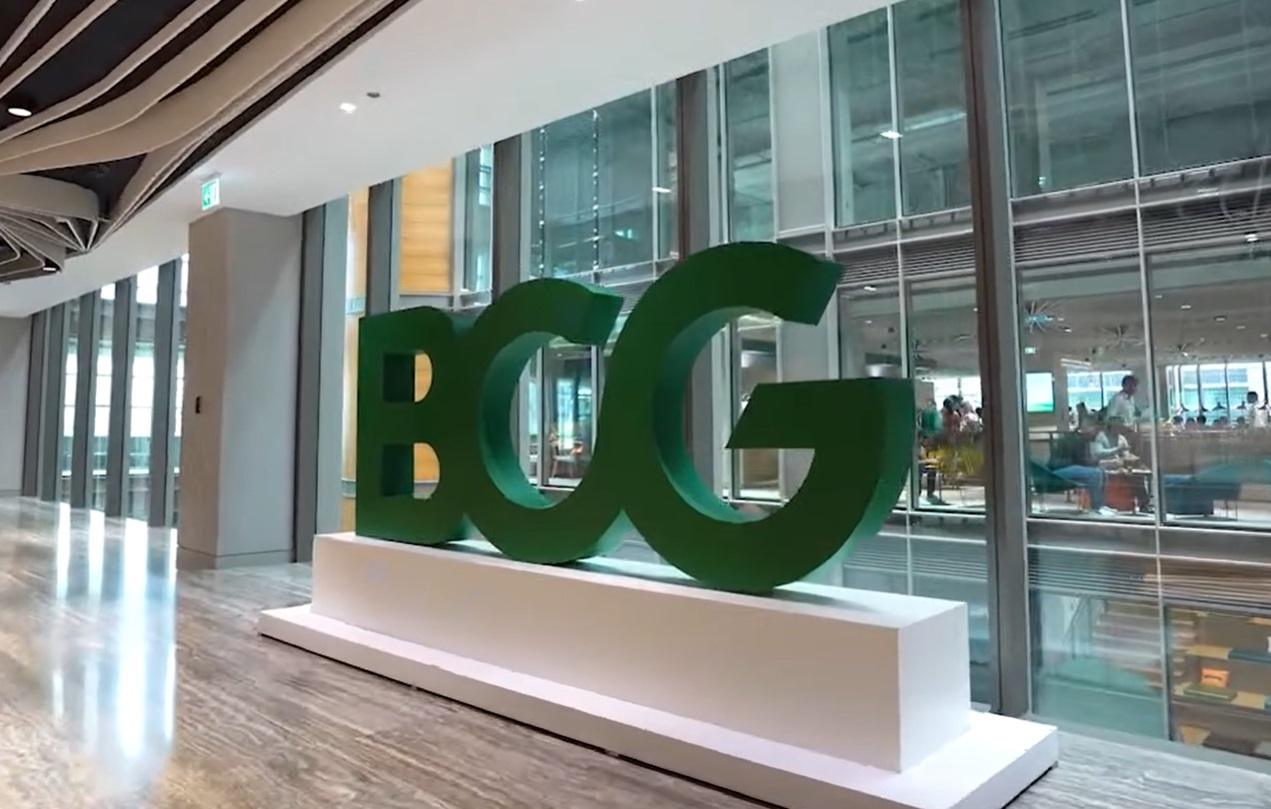Trimble Sets Goals to Slash Emissions, Source 100% Renewable Energy
Industrial technology company Trimble announced today a series of decarbonization goals encompassing its value chain and operations, including commitments to cut emissions and source 100% renewable energy.
The company stated that its goals have been approved by the Science Based Targets initiative (SBTi), one of the key organizations focused on aligning corporate environmental sustainability action with the global goals of addressing and limiting climate change. Last year, SBTi launched its Net Zero Standard, setting stringent criteria which it uses to assess and certify corporate commitments to achieve net zero emissions. SBTi also tightened its criteria for approved climate targets, announcing that it will only accept targets aligned with its 1.5°C warming ambition, as required to avoid the worst impacts of climate change.
Rob Painter, President and CEO at Trimble, said:
“Taking decisive climate action is essential to protect our planet and communities for future generations. It also demonstrates Trimble’s commitment to our purpose—to transform the way the world works as well as transform the way “we” work.”
Trimble’s climate goals include commitments to reduce absolute scope 1 and 2 greenhouse gas (GHG) emissions, as well as absolute scope 3 emissions from fuel and energy related activities, business travel and upstream transportation and distribution by 50% by 2030, from a 2019 base year, and to achieve 100% annual sourcing of renewable electricity by 2025.
The company has also committed to partner with 70% of its suppliers by emissions covering purchased goods and services and capital goods to set science-based targets by 2026.
Leah Lambertson, Senior Vice President and Head of Sustainability at Trimble, said:
“Setting ambitious yet achievable climate targets are part of our commitment to reducing Trimble’s carbon footprint. Embedding our climate action goals into Trimble’s operational choices will help ensure that our decision making and growth plans are consistent with our low-carbon vision. Today’s commitments are important steps in our journey to delivering growth in a responsible and sustainable way to achieve a net-zero future.”





